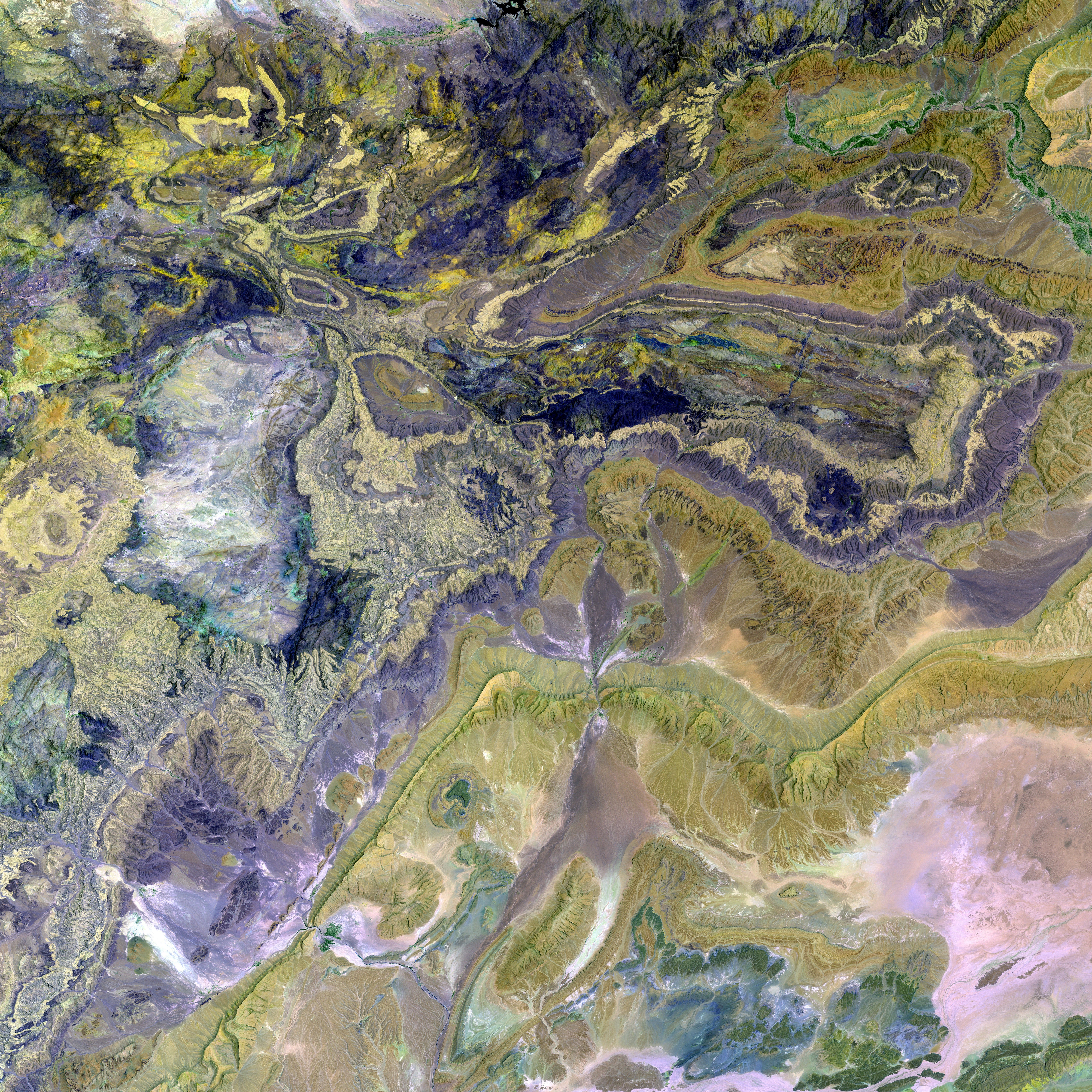New Details on Israel's Gaza Occupation Strategy
A Look into Israel's Plans
- Cabinet Approval for Military Presence: The Israeli government has made the decision to capture Gaza, with the primary objective of dismantling Hamas and freeing hostages detained in the region [1][3]. This move opens the door for an extended military presence in the territories, significantly amplifying Israel's control in Gaza.
- Population Displacement: A portion of the plan includes the relocation of Palestinians from their current homes to the southern sections of Gaza. Alternatively, Palestinians may choose to leave the region voluntarily, but no country has yet agreed to provide a new home for them [2][3].
Key Players in the Decision-Making Process
- Benjamin Netanyahu: As the Prime Minister of Israel, Netanyahu is a critical figure in the decision-making process. Some believe that Netanyahu has tacit approval from President Trump to carry out the operation, should conflict resolution efforts fail before his Middle East visit [2].
Potential Outcomes and Opinions
- International Reaction: The plan is expected to elicit strong opposition from the international community, considering the humanitarian and legal challenges posed by such an operation [3].
- Public Opinion: Recent polls show that the majority (60-70%) of Israelis do not support a large-scale operation to take control of Gaza, with many questioning Netanyahu's motives for continuing the conflict [2].
- Aid and Humanitarian Considerations: Despite the intention of addressing the humanitarian crisis in Gaza, the blockade has led to food and aid shortages that are putting Palestinians in dire circumstances. The impact of Israel taking charge of humanitarian aid remains uncertain [1][2].
Deadline and Diplomatic Negotiations
- Trump's Middle East Visit: The operation is set to initiate following President Trump's visit to the Middle East, acting as the last chance to negotiate a settlement before military action begins. Though Trump is not directly involved in ceasefire talks, he has granted Israel the freedom to execute decisions as they deem fit [2][3].
Israeli Prime Minister Netanyahu maintains that military personnel continue to be stationed within the Israeli-occupied Gaza regions. - Israeli Prime Minister Netanyahu confirms military presence persists within Gaza, which is identified as occupied territory.
The European Union's Commission has not shown any intention to intervene in the ongoing conflict in Gaza nor has it stated its staff's agreement to mediate in the war-and-conflicts politics. However, the Commission has taken a number of steps to ensure that its general news coverage maintains the EU's external relations with the countries of Central and Eastern Europe, amidst the escalating war and political tensions.
Despite potential international opposition, the Israeli government's decision to capture Gaza for the dismantling of Hamas and hostage rescue suggests a confirmed extended military presence in the region. This move has raised concerns about humanitarian challenges, such as population displacement and food and aid shortages.
While the majority of Israelis question Prime Minister Benjamin Netanyahu's motives and do not support a large-scale operation in Gaza, the International community's stance remains firmly opposed to the operation due to its humanitarian and legal implications.
Although President Trump has granted Israel the freedom to execute decisions as they deem fit, it remains unclear whether diplomatic negotiations will prevent military action following his upcoming Middle East visit, acting as the last chance for conflict resolution before UK's planned operation initiates.







